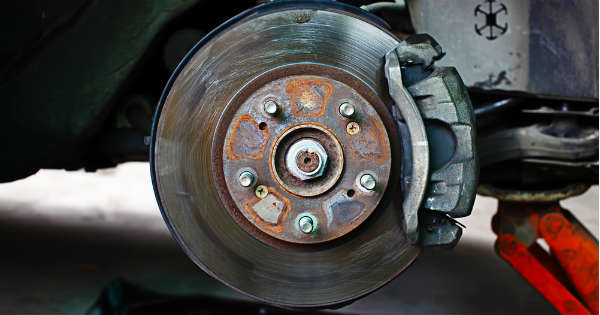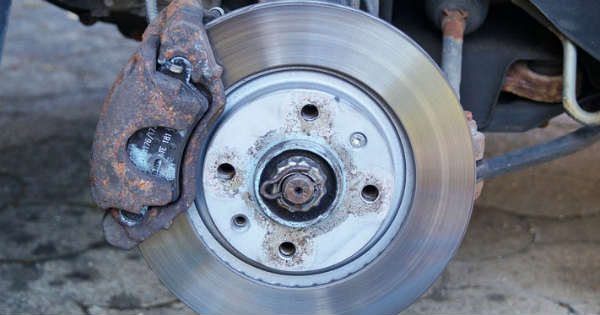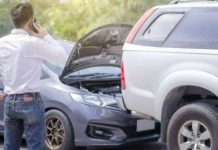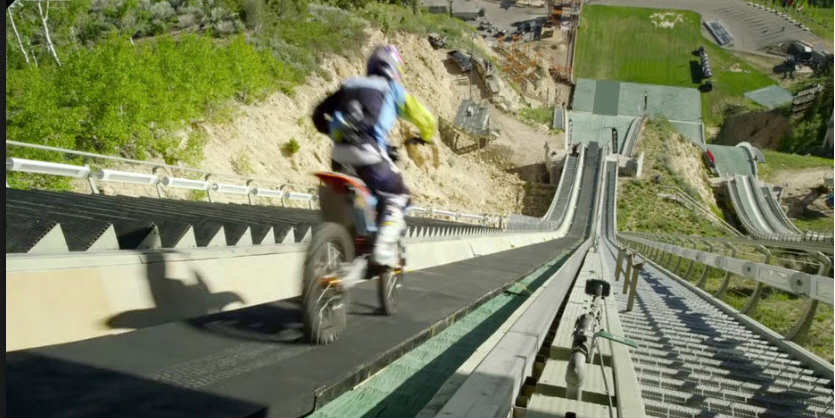Did you know that four in five motorists drive on underinflated tires?Unfortunately, underinflated tires are a serious hazard due to their potential for blowouts. In fact, underinflated, overinflated, and worn tires can all lead to deadly accidents. In 2017 alone, tire-related problems led to 738 motor vehicle deaths.What a lot of people aren’t aware of is how bad brakes can be the reason behind these tire problems.

Yes, faulty brakes can be the root cause of incorrect tire pressure. In short, brake problems, if left untreated, can completely damage your tires.
Wondering how exactly a malfunctioning brake system can kill your tires? Keep reading to learn about bad brakes and their impact on tires.
How Brakes Go Bad
All brake pads will wear out over time, but this also depends on how often you engage the brakes. The harder you hit the brakes, the sooner the pads will thin out. The more often you brake hard, the shorter its lifespan will be.
All the extra weight you put in your car also affects your brake system’s life span. The heavier the load is, the more effort your car needs to stop. This then places more strain on your brakes, and over time, this will cause your brakes to go bad.
If you don’t change the brake pads as needed, your brake rotors will take the brunt of the stopping force. The heat, friction, and pressure can then warp or crack the rotor.
Granted, some larger brake discs like StopTech brake rotors have higher heat capacity. This allows them to withstand hotter temperatures than regular rotors. This doesn’t make them impervious to heat though, so it’s still best to change your worn brake pads ASAP.
Failure to do so will only cause damage to the rest of your ride’s brake system. From here, the problems will extend to your rubber and wheels.
Signs That Your Brakes Are Going Bad
Most newer car models have a warning light that goes off if there’s something wrong with the brake system. This doesn’t automatically mean that you have bad brakes, but it’s a good idea to bring your car to the mechanic. Mechanics can also decode error messages, so they’ll know what exactly your brake issue is.
Another solid sign of faulty brakes is a squeaking or squealing noise whenever you try to stop your car. These noises signal worn brake pads, which you should get replaced ASAP.
Excessive vibrations or slowed response time are also signs of bad brakes. The same goes for a brake pedal that sits too low or has a “spongy” feel.
If you experience any of these signs, schedule your vehicle for service. Otherwise, your brakes will start to strain your tires.
Bad Brakes Can Cause Tire Misalignment
Faulty brakes can still stop your car but in a rougher and more excessive way. Worn brake pads or rotors, for instance, will create too little friction to stop your vehicle. This may then cause you to press harder on the brake pedal.
Pulsating brakes may also affect your perception and cause you to react in the same manner. The same goes for brakes that are too soft or pedals that are too low.
Either way, if you press your brakes too hard, the force may be enough to make your car lurch excessively. Over time, these abnormal stops can force your tires to go out of alignment.
Improper Tire Alignment Can Lead to Uneven Wearing
If your faulty brakes knock your tires out of alignment, they will develop uneven wear. These wear patterns can affect the inner edges, outer edges, sides, or center of your tires. In some cases, misaligned tires can even develop scalloping or cupping.
Uneven wear spots on your tires minimize their overall ground surface contact. With less surface contact, the tires won’t be able to grip the road properly. This reduced traction can then make roads slippery, even in dry conditions.
This is a serious safety hazard, especially if you have both faulty brakes and uneven tire wear. If your tires don’t have enough traction, it may slip and go out of control. The worst part is, you wouldn’t be able to stop the car since the brakes won’t respond right away.
Misalignment Reduces the Lifespan of Tires
Aside from developing uneven tread wear, tires that are out of balance also wear down faster. One reason is that the rest of the tire will try to compensate for the reduced traction. Since they’re “shouldering” more work, they’ll also wear faster than properly aligned tires.
Keep in mind that abnormal wear can cause your tires to go bald sooner. When this happens, your tires will lose air at an even faster rate, causing underinflation. Underinflated tires can then lead to your ride guzzling up to 2% more fuel.
Even if you only have one underinflated tire, this will further affect your car’s ability to stop. An underinflated tire also transfers some of the weight it’s supposed to carry to the rest of your tires. This will then lead to your other tires also becoming uneven or wearing out faster.
Malfunctioning Brakes Can Make Your Ride Pull to One Side
Malfunctioning brakes can also be the culprit behind your car pulling to one side. Stuck calipers are often to blame for this problem. If you continue to drive despite this issue, the tires on the side which your car pulls to will also wear faster.
Don’t Let Faulty Brakes Break Your Car
There you have it, your ultimate guide on how bad brakes can affect and damage your tires. In fact, it’s not just your car’s tires that are on the line — so is your safety. The inability to stop your car when you need to can result in a serious, even deadly accident.
That’s why you should get your brake system checked as soon as you notice the signs of failing brakes. This way, you can get your brakes repaired before they cause damage to the rest of your car. Besides, the last thing you want is to be in a situation wherein you can’t stop your car just because of faulty brakes.
Ready for more pro tips like this to get your wheels in tip-top condition? Then make sure you check out the rest of the guides we have under the Cars and Trucks sections.






















